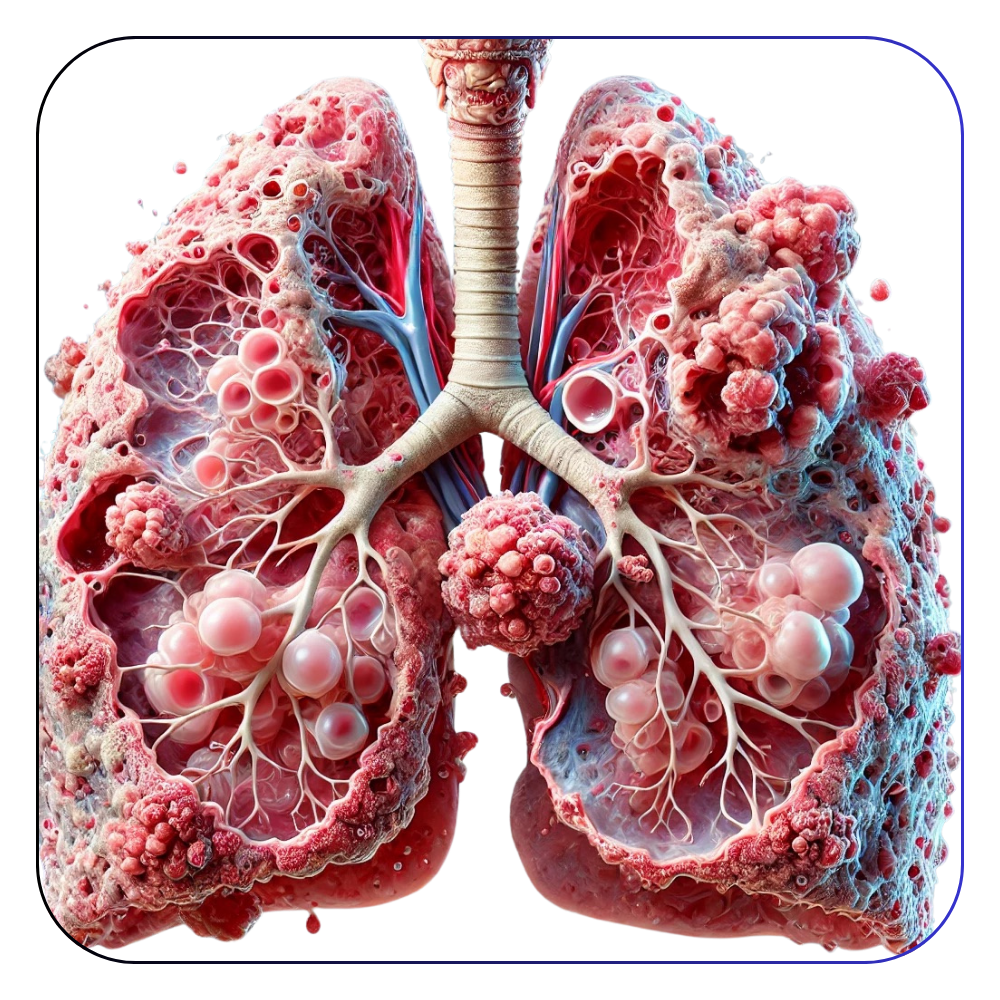Acute Respiratory Distress Syndrome (ARDS) is a severe and life-threatening condition characterized by rapid onset of widespread inflammation in the lungs. It can be triggered by various factors, including pneumonia, sepsis, trauma, or inhalation of harmful substances. ARDS leads to fluid accumulation in the alveoli (air sacs), preventing oxygen from adequately reaching the bloodstream, resulting in severe hypoxemia (low blood oxygen levels). Patients with ARDS often experience severe shortness of breath, rapid breathing, and low blood pressure. The condition requires immediate medical attention and often necessitates intensive care unit (ICU) management due to its high mortality rate and the complexity of care required.

Treatment for ARDS primarily focuses on supporting the patient’s respiratory function while addressing the underlying cause. Mechanical ventilation is commonly used to maintain adequate oxygenation and reduce the work of breathing. Strategies like low tidal volume ventilation and positive end-expiratory pressure (PEEP) are employed to minimize lung injury and improve oxygenation. In severe cases, extracorporeal membrane oxygenation (ECMO) may be considered to provide oxygen to the blood outside the body, allowing the lungs to rest and heal. Additionally, management of fluid balance, treatment of infections, and supportive care are critical components of ARDS treatment. Research continues to explore new therapeutic approaches, including the use of corticosteroids, stem cell therapy, and personalized medicine, aiming to improve outcomes for patients with this challenging syndrome.
